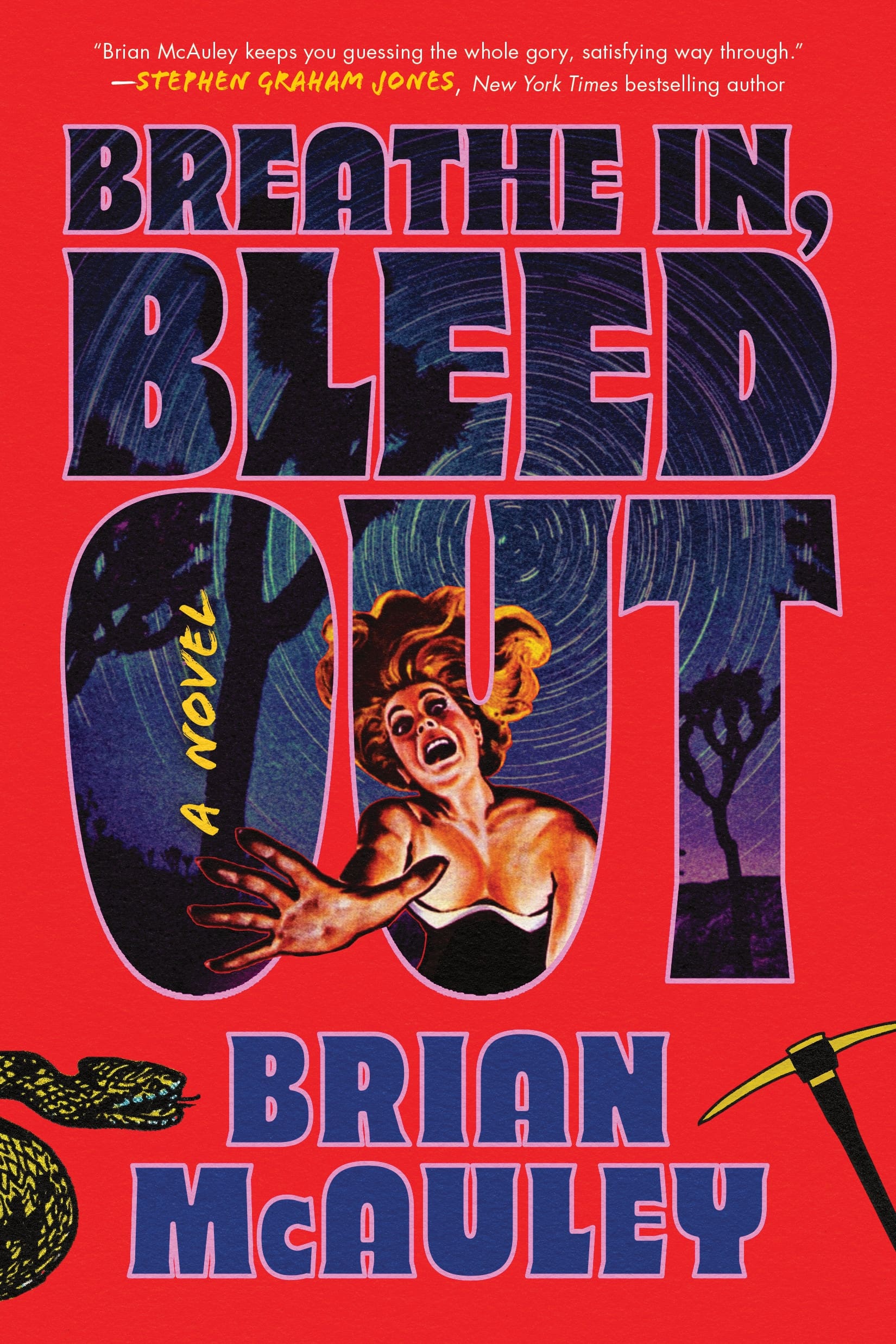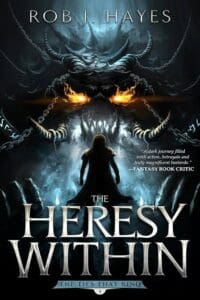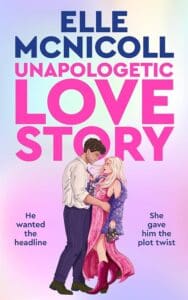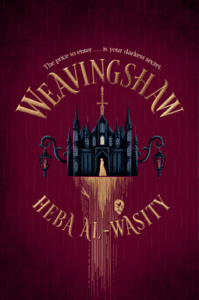
Synopsis
It’s a Midsommar night’s Scream in this thriller set at a remote tech-free healing retreat from author Brian McAuley.
Hannah has been running from her demons ever since the death of her fiance. No one really knows what happened the day Ben died, and she’d like to keep it that way. She’s definitely not going to admit to her psychiatrist that she still sees his ghost almost everywhere she goes. So when her friend Tess gets an invitation to a restorative spiritual retreat in Joshua Tree, she reluctantly agrees in search of a fresh start.
Even though she’s skeptical of the mysterious Guru Pax and his strange talk of the spirit world, Hannah finds healing through all the yoga, sound baths, and hot springs offered at the tech-free retreat. But what begins as a journey of self-discovery quickly descends into a blood-soaked nightmare when a masked killer begins to pick off the group one by one in increasingly gruesome ways.
As the body count rises and the survivors’ sanity frays, Hannah must confront her past while trying to outsmart a relentless predator who’s always one step ahead. Now that Hannah’s finally found her way back to herself, this monster is going to have to try a little harder if they want to kill her vibe for good.
Review
Brian McAuley is clearly a fan of the slasher genre, a corner of horrordom he has paid much homage to with his growing body of work, as evidenced by Curse of the Reaper, two Candy Cain Kills books, and his latest, the wonderfully titled wellness retreat chiller Breathe In, Bleed Out. However, one of the more challenging aspects of crafting an homage story is that it can remind readers how much better the subject being paid homage to was originally. Tread too closely and the homage simply becomes derivative, sacrificing its own uniqueness and surprises while adding little to the growing canon those works inhabit.
Rather than carving out his own identity within the slasher genre, McAuley is more comfortable aping what’s come before, producing fair to middling books that earnestly wear their inspirations on their freshly laundered Fright-Rags sleeves, while contributing little that’s truly new or memorable, save for their flights of logic. Take, for instance, the overly sappy and saccharine unearned ending of Candy Cain Kills Again, which offered one of the most forced, craven, and disingenuous happy endings in recent memory by demanding that both its characters and its readers forget literally everything that occurred prior.
In Breathe In, Bleed Out McAuley turns his eye toward the wellness industry and influencer culture, with a few jabs at cultural appropriation, but does little to really explore these topics with any kind of depth beyond “It’s bad, m’kay?” He saves much of the messaging for what he intends his work to say for the book’s long, explanatory afterword rather than illustrating these ideas throughout the body of the story, playing it safe lest he offends those seeking spiritual enlightenment at secluded hippie cult communes or the sycophants who run them.
Our Final Girl this time around is Hannah, a medical intern forced into taking a leave of absence after getting high on the job and nearly killing a patient. She’s turned to therapy to get drugs to help her cope with the death of her fiancé. In an effort to help her heal, her best friend Tess has booked them and their friends for a weekend retreat at a secluded and highly secretive wellness resort. They’ll live in yurts, do yoga, meditate, commune with nature, and get high spiritually instead. Of course, the site of this secret desert commune just so happens to be a stone’s throw from where an old, gold-digging outlaw died centuries ago and has become the subject of a local urban legend and tourist trap for the nearest outlying town. It’s not long after arriving at camp that this merry band of yogateers come under assault by a lone figure clad in mining gear, a pickaxe wielding slasher icon to be in the vein of My Blood Valentine by way of The Texas Chain Saw Massacre by way of Scream with a dash of Josh Winning’s Heads Will Roll and a dozen other been there, done that derivations.
Hannah is a complete wreck of a character, and I mean this positively. She’s a mess. Psychologically scarred by intense trauma, she pops pills like they’re Tic Tacs and regularly hallucinates being stalked by her dead lover. She’s a complicated and complex character, with enough self-awareness that one can’t help rallying behind her when the chips are down and everyone seems intent on turning against her. She’s easily the best, brightest, and strongest aspect of Breathe In, Bleed Out.
Unfortunately, Hannah is stuck in a slight, lightweight narrative that does little to stand out in such a crowded genre as the horror slasher and spends so much of its page count reminding you of all those other slashers McAuley gleefully cribs from. While it’s not inherently a bad thing, Breathe In, Bleed Out, and much of McAuley’s growing bibliography, feels more like fanfiction than something original. There’s no freshness to his ideas, and even less in his messaging. Although the desert wellness retreat setting provides the opportunity for some neat kill scenes, like death by sauna and a violent yoga mat murder, McAuley never risks rising above or beyond those moments. He nods passingly at the dangers of our capitalism-driven, Instagram influencer-sponsored wellness industry, but doesn’t have anything deep, meaningful, or even new to say about it. He can point a weak finger at the subject, but he never mines deeply enough to really interrogate it in a meaningful way. Ditto mental health treatment, although here McAuley paints with too wide a brush, treating legitimate forms, like counseling, with too much cynicism and false equivocations.
Like so much of the influencer dominated fitness trends, Breathe In, Bleed Out deals in superficiality. It might appear sexy at first blush, flexing hard under the right lighting to show off toned curves and sleek definition, but it’s never truly provocative despite being so scantily clad. It’s a book built by and for online buzzwords, hashtags, and marketing trends, and the last thing McAuley wants is for his readers to be challenged or forced into thinking about something that might make them uncomfortable or squeamish outside the gory bits.









Leave a Reply